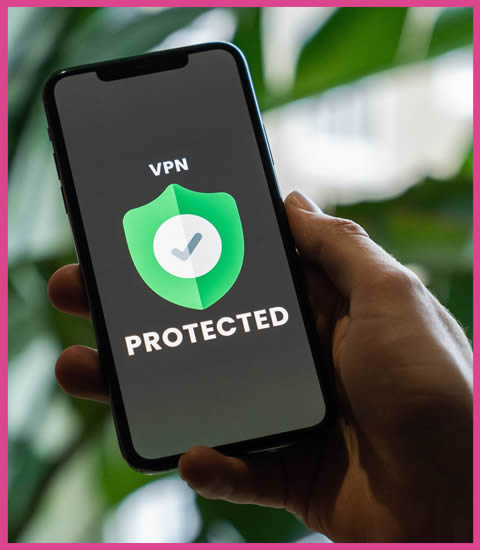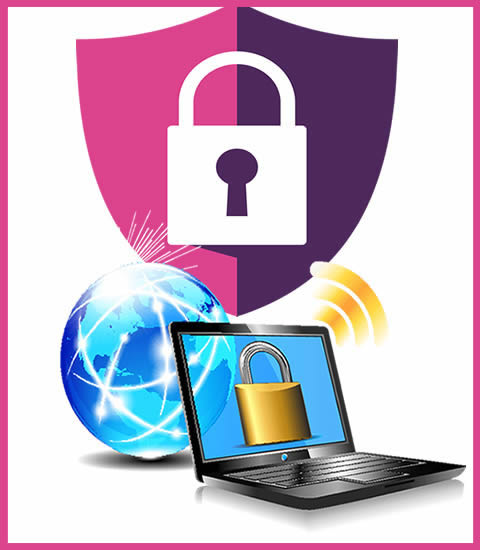Hacking and ransomware attempts have increased by tenfold. This is a huge problem and have many website owners worried, which is why they wonder how to increase their website security. Having your website compromised would bring a lot of damage, both reputational and financial.
To ensure that doesn’t happen, you should follow recommended cybersecurity practices. In this article, we will go in-depth about what you can do to protect your website.
Upgrade Your Plugins
Outdated plugins are one of the most common ways to exploit various websites. These techniques are used by hackers, which can cause a lot of damage to your website. Make sure to update your plugins frequently. Updates are important because they contain fixes and patches for flaws that are exploited by these hackers.
If your website gets hacked and user data is compromised, you expose yourself to some exceptionally severe GDPR fines. Many companies have paid millions of dollars because they allowed their systems to be weak, which was exploited by hackers. So, be smart and thorough with your plugin and software updates.
As a general rule, we recommend enabling automatic updates, so you don’t have to worry about it. This will ensure that your website is protected at all times.
BACKUP, BACKUP, BABKUP. We backup our sites on a regular basis, so that if a hack happens, we can be up and running in a matter of minutes. We back up once a day, but you can back up as often as you like – once a day, once a week or once a month, but practice backing up your website on a regular basis.
Use Strong Passwords
This is probably one of those tips that you see everywhere. However, even though this fact is widely known, there is still an abundance of users who use weak passwords. Weak passwords are among the most common ways hackers manage to penetrate someone’s systems.
You might not have known this, but strong passwords can take decades to crack even with the most advanced software, while weak passwords can be cracked in minutes. By strong passwords, we mean passwords that contain a combination of symbols, numbers, and both uppercase and lowercase letters.
 We also recommend using a password manager to store your passwords safely and securely. Moreover, many password manager solutions come with in-built password generators, so you can use these tools to create strong and secure passwords.
We also recommend using a password manager to store your passwords safely and securely. Moreover, many password manager solutions come with in-built password generators, so you can use these tools to create strong and secure passwords.
Use a VPN
VPNs have become a necessity in every website owner’s toolkit, especially now when we’re facing a worldwide pandemic. Many are forced to stay inside their homes due to social distancing measures, so the need for remote work has been surging.
VPN stands for a virtual private network, and it is a cybersecurity software solution with a lot of different applications. In short, it acts as a gateway between the user and the web by encrypting all traffic that goes through. It also masks your IP address, all of which combined makes things much more difficult for hackers. If you’re looking for a high-quality VPN, you can read a NordVPN review to learn more about multiple cybersecurity benefits.
If you have employees working remotely, make sure to purchase an enterprise-grade VPN and install it on everyone’s work computer. Also, install antiviruses and other cybersecurity software to ensure that they aren’t handling their data irresponsibly.
Add HTTPS and SSL Certificates
Having a secure URL is a must if you want to protect your websites from hackers that are lurking around every corner. To ensure that, you must use HTTP and SSL. What are HTTP and SSL, though?
HTTPS stands for hypertext transfer protocol secure. This is a security protocol used to ensure secure access on most websites on the world wide web. Every website transmits data almost every second. A large amount of this data is sensitive, which is why you should ensure that the data can’t be intercepted and stolen. That’s where HTTPS steps in. It prevents any interruptions and interceptions.
On the other hand, SSL stands for secure sockets layer, and it is a term that describes information encryption while it’s being transferred from one place to another. It is used to transfer data throughout the website securely.
Monitor and Record All User Access
Lastly, you should use a tool to record all user access, as well as administrative privileges. Remember that most websites require multiple users to have privileged access – it’s just how it goes. However, also be aware that you’re putting a lot of trust in other individuals, who can potentially cause damage if they exploited their privileges.
First, make sure to vet every user before assigning any privileges properly. Then, employ a software solution that would record and monitor all user activity. Check the logs from time to time to make sure that everything is in order.
As you can see, improving your website’s security doesn’t have to be that difficult. All you need to do is to set aside some time to enhance your current infrastructure, after which you’ll know that your website is almost impenetrable. Also, always keep up with the latest attacks and exploits, so you would be aware of all threats and mitigate them in real-time.



